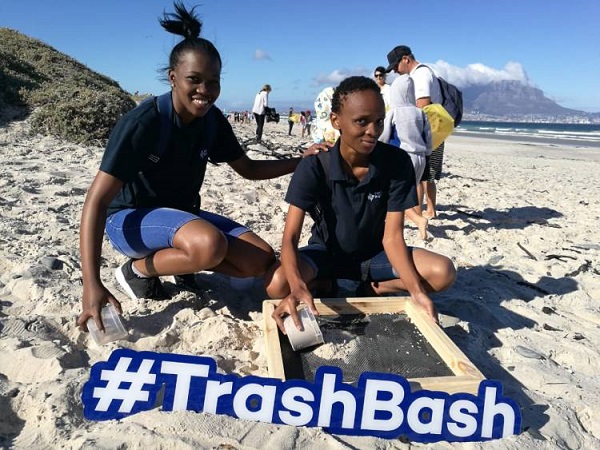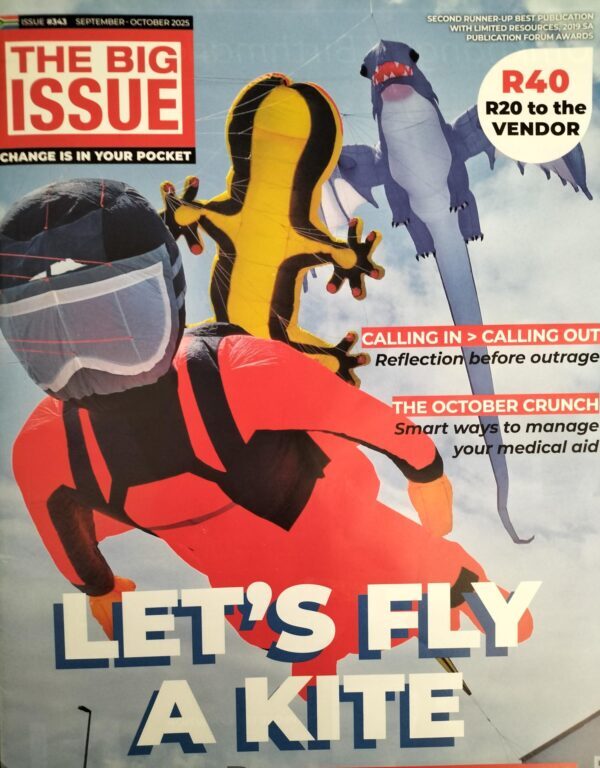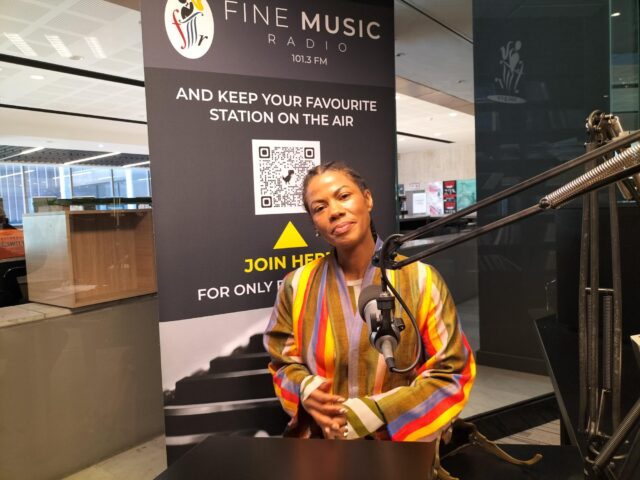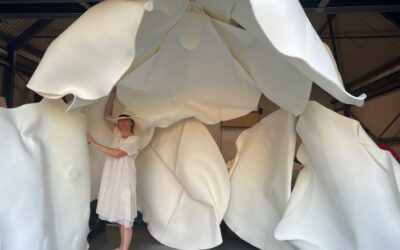Join the Two Oceans Aquarium Trash Bash at one of their regular beach cleanup events at Milnerton Beach on 28 November 2020. “We want to do everything we can to tackle plastic pollution on our coastline… And we want YOU to join us.”
“On 28 November, the Trash Bash Cleanup will take place at Milnerton Beach – let’s help clean up our environment!
Apart from being good for the environment, cleanups are also good for us humans. Anyone who’s spent a morning with us, taking part in a cleanup, knows that it’s actually a chance to have a ball, to spend time with friends and family, to breathe in some fresh air, and to leave a slightly better, slightly more informed person.
What better way to give back than having fun while doing it?”
WHEN: 28 November 2020 at 09h00 to 11h00
WHERE: Milnerton Beach, Woodbridge Island. Most convenient parting s in the lot on your right on Loxton Road, just after you cross the bridge. Walk to the beach from there.
WHAT TO BRING: Sunblock, a hat, water (in a reusable bottle), reusable gloves (like the ones you’d use for gardening or doing dishes), and a smile. Please remember to wear your mask in public
HOW: Please complete the online registration form. Join the Facebook event
Cape Union Mart + Trash Bash Prize
We’re pleased to say that Cape Union Mart is an official partner of the upcoming Trash Bash! Not only are they supporting these beach cleanup efforts, but they are putting a K-Way Eco Jacket (valued at R1 599) up for grabs for one lucky Trash Basher! To be eligible for this spot prize, simple attend the full duration of Trash Bash and remember to sign the register!
Why do we trash bash?
Aside from the obvious perks of doing a cleanup, Trash Bash also contributes to important scientific research by following the Dirty Dozen data collection method.
The Dirty Dozen are the 12 litter items that are most commonly found during cleanups. These are: Carrier bags, chip packets, cigarette lighters, cooldrink bottles, cooldrink lids, earbuds, fishing line, lightsticks, plastic lollipop sticks, straws, sweet wrappers and water bottles.
Attendees work together in groups and record everything collected, paying specific attention to the Dirty Dozen items. At the end of each cleanup, the data is collated and contributes to research tracking the different sources of marine litter.
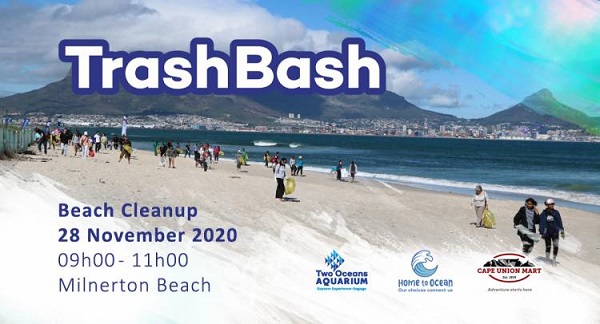
Our oceans are facing a human-made plastic catastrophe.
With estimates being that by 2050 there will be more plastic, by weight, than fish in the ocean, the time is now to make a difference and clean up our acts. Studies have shown that millions of seabirds have ingested plastic and a staggering number of sea animals die each year from plastic ingestion. Plastic has truly permeated into the deepest recesses of our natural world and has even entered our food chain. And if you are wondering why it is important for us to clean up a wetland area, have a look here.
Plastic doesn’t break down; it doesn’t degrade and become part of the natural system again. In fact, plastic breaks up. It breaks up into smaller and smaller pieces until it becomes small enough, not only for small fish to mistake it for food, but research has found that even plankton is now mistaking this “forever material” for food and consuming it, introducing it into the food chain at the lowest level.
The question now is: What can we do to stop this pollution of our oceans? Considering that 80% of plastic found in the oceans originates on land, the answer is actually quite simple – we can intervene in the cycle of pollution entering the oceans via land, by removing it from the beaches and the wetlands, and preventing it from entering the water in the first place.
See also Cape Town Green Map

